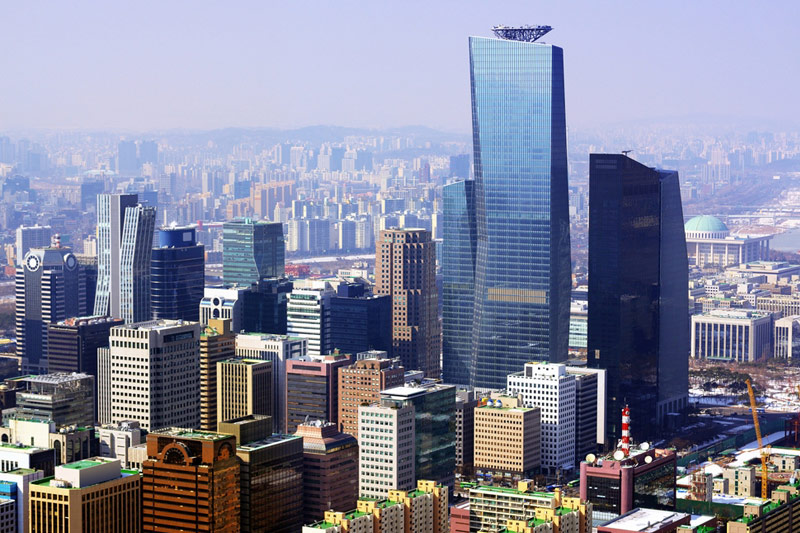US stock futures dip as Trump’s firing of Cook sparks Fed independence fears
By Ambar Warrick
Investing.com-- South Korea’s economy barely expanded in the third quarter, data showed on Thursday, as a mix of rising interest rates, elevated inflation and slowing exports ground economic activity to a halt this year.
Third quarter gross domestic product (GDP) rose 0.3% from the prior quarter, data from Statistics Korea showed, slightly above expectations of 0.1%, but much below last quarter’s reading of 0.7%. Growth was at its weakest level since the third quarter of 2021.
On an annualized basis, GDP rose 3.1%, more than expectations of 2.8% and last quarter’s reading of 2.9%.
The reading highlights the slew of headwinds faced by the South Korean economy this year, as disruptions in global markets exacerbated the impact of rising inflation and interest rates.
Sluggish demand saw South Korea’s exports slump to a two-year low in September, particularly due to a slowdown in major trading partner China. This trend is expected to persist in the near-term, keeping the country’s economic prospects dim.
The Bank of Korea has also raised interest rates by a cumulative 250 basis points over the past year, as it struggles to combat rising inflation. CPI inflation hit a 24-year high earlier this year, and is currently trending around levels last seen during the 2008 financial crisis.
South Korea’s export-driven economy suffered heavily from a slowdown in global growth, with SK Hynix Inc (KS:000660), the country’s largest chipmaker, recently warning of severely weakening demand, causing it to slash its 2023 investment by over 50%.
Recent U.S. restrictions on chip exports to China are also expected to hurt the South Korean economy. The country also has to contend with rising tensions with North Korea, which conducted a battery of missile tests last month and threatened military action against Seoul.
The won showed no reaction to Thursday’s data, and traded near its weakest level in 13 years. South Korean stocks are also trading near two-year lows.
